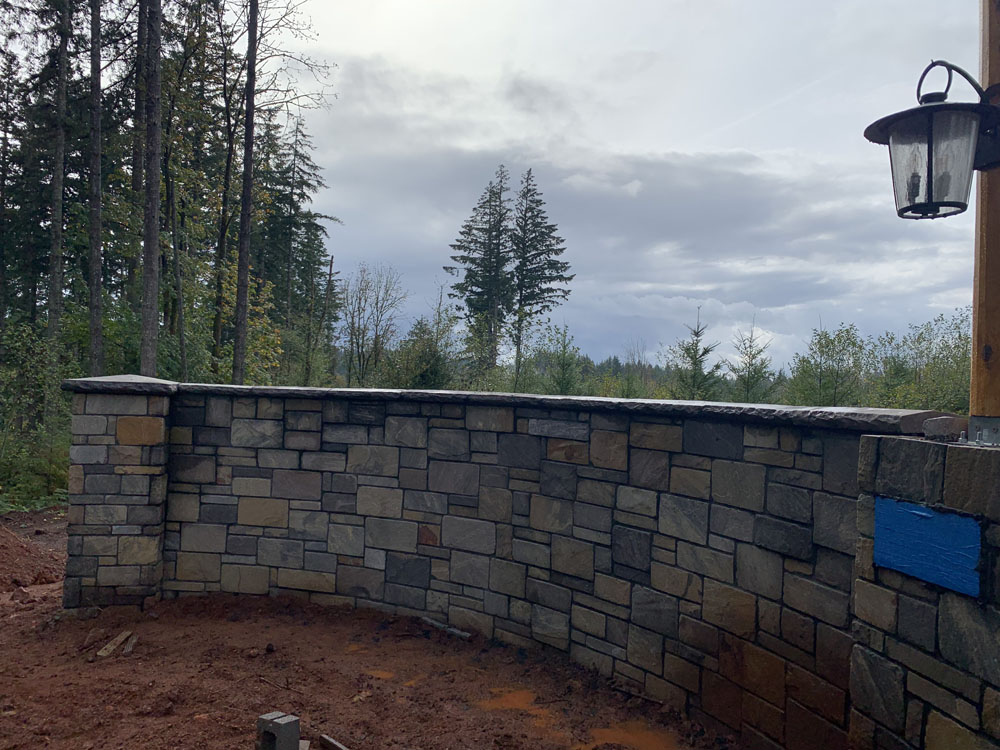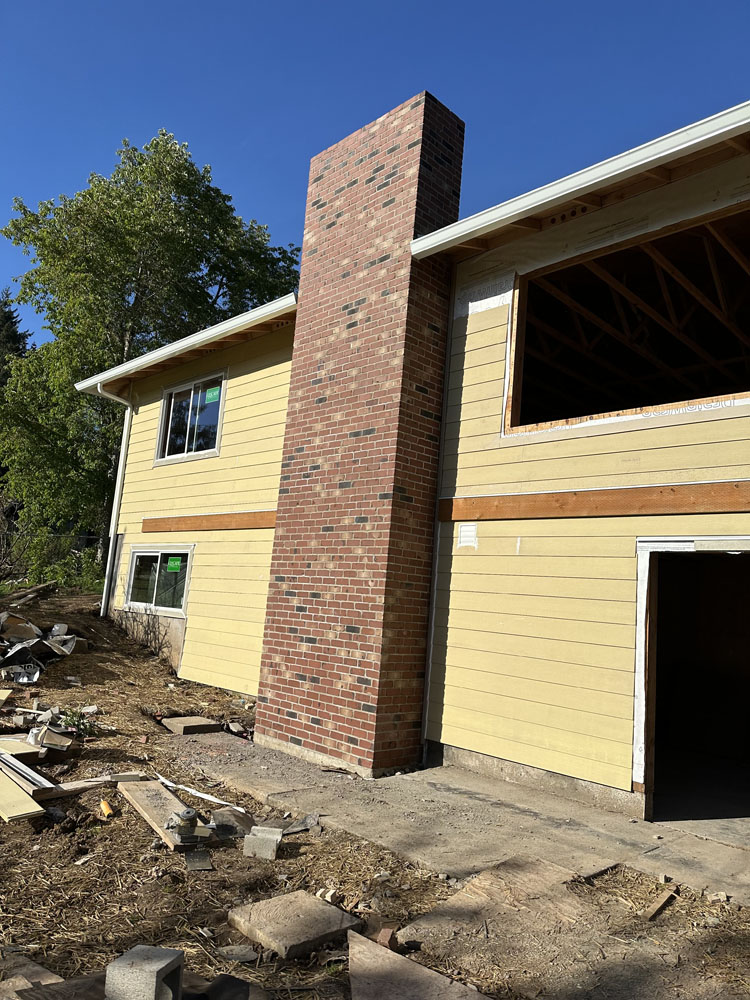Introduction
Ah, concrete driveways! They’re the unsung heroes of our homes, enduring the daily grind of tires, weather, and everything in between. Yet, when it comes time to repair these sturdy surfaces, many homeowners find themselves staring down a daunting task. It’s easy to make mistakes that can lead to costly repairs or an eyesore on your property. In this comprehensive guide, we’ll explore Common Mistakes to Avoid When Repairing Your Concrete Driveway so you can roll up your sleeves with confidence and ensure a smooth finish!
Understanding Your Concrete Driveway
What Makes Concrete a Popular Choice?
Concrete is favored for its durability and low maintenance needs. But why is it so popular?
- Strength: Concrete can withstand heavy loads. Versatility: It can be molded into various shapes and finishes. Cost-effectiveness: Over time, it proves to be cheaper than many alternatives.
The Life Expectancy of a Concrete Driveway
So just how long can you expect your concrete driveway to last?
Typically, a well-installed concrete driveway will serve you for 30 years or more if properly maintained. However, factors like climate, usage, and maintenance routines play significant roles in longevity.
Common Mistakes to Avoid When Repairing Your Concrete Driveway
1. Skipping the Preparation Phase
Why Preparation is Key
Before diving into repairs, one must prepare adequately. Failing to do so could lead to uneven surfaces and other complications.
- Clean Thoroughly: Remove dirt and debris; otherwise, you risk poor adhesion. Inspect for Damage: Identify cracks or holes that need attention.
2. Using the Wrong Repair Materials
Selecting the Right Products
Not all concrete repair products are created equal! Here are a few options:
| Type | Best For | |--------------------|--------------------------------| | Concrete Patch | Small cracks | | Epoxy Injection | Larger structural issues | | Resurfacer | Entire surface restoration |
Using inappropriate materials may lead to premature failure or odd appearances.
3. Ignoring Weather Conditions
Timing is Everything
Ever started a project only for Mother Nature to rain on your parade? Make sure you check the forecast before beginning repairs!
- Too Hot?: This can cause quick drying leading to cracking. Too Cold?: Low temperatures slow curing times and affect strength.
4. Neglecting Expansion Joints
Importance of Expansion Joints
Expansion joints allow for natural movement in concrete due to temperature changes. Ignoring Ramos Masonry Construction Company Concrete Contractor In Mulino them could result in cracking or buckling over time.
- What Happens Without Them? Cracks form as pressure builds up from thermal expansion.
5. Not Allowing Proper Curing Time
The Curing Process Explained
Curing isn’t just waiting around; it’s vital for achieving the desired strength of your repair work.

- How Long Should You Cure? Ensure you allow at least seven days of curing under optimal conditions for best results.
Detailed Analysis of Each Mistake
Skipping the Preparation Phase in Detail
When we talk about preparation, think of it like laying the groundwork for a cake—one mistake could ruin the whole thing!
- Cleaning Techniques: Use high-pressure water jets or chemical cleaners if necessary. Assessment Tips: Walk through with fresh eyes—what looks good? What needs fixing?
Using the Wrong Repair Materials Explored Further
Not every patch is suitable for every crack! Here’s how you can make smarter choices:
Research Products Online: Reviews from verified users give insight into effectiveness. Consult Local Experts: Sometimes talking with a pro gives you the edge!FAQ Section
What should I do if my driveway has large cracks?
If your driveway has cracks wider than half an inch, consider using an epoxy injection method or consulting with professionals for a more durable solution.
How often should I maintain my concrete driveway?
Routine maintenance should be conducted annually—cleaning, sealing, and checking for cracks help prolong its life.
Can I paint my concrete driveway?
Yes! However, ensure proper prep work including cleaning and applying an appropriate primer before painting.
Is sealing necessary after repairing my driveway?
Absolutely! Sealing protects against moisture infiltration which can lead to further damage over time.
What’s the best way to seal my repaired driveway?
A penetrating sealer is often recommended as it provides robust protection while allowing moisture vapor release.
How do I know if my repairs are successful?
Look out for uniform texture and color post-curing; any visible cracks or discoloration may indicate an issue needing attention.
Conclusion
Repairing your concrete driveway doesn’t have to feel like rocket science if you avoid common pitfalls along the way! Remember that preparation is your best friend; don’t skimp on materials; respect weather conditions; pay attention to expansion joints; and above all else—allow adequate curing time!

With these insights into Common Mistakes to Avoid When Repairing Your Concrete Driveway, you're now equipped with all the knowledge needed to tackle those repairs head-on without breaking a sweat (or your wallet). Happy repairing—and may your driveway stay smooth for years to come!